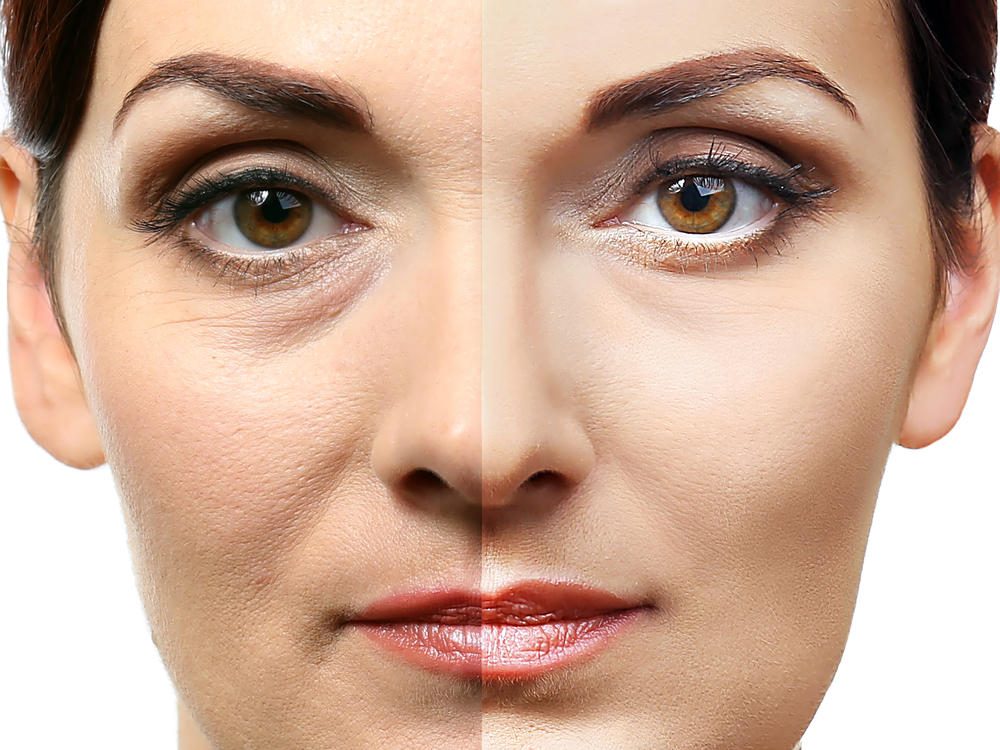
As we age, our eyes undergo natural changes that can impact our vision and overall eye health. It becomes increasingly important to prioritize eye care and take proactive steps to maintain optimal vision in our senior years. In this blog post, we will explore common age-related eye changes, discuss potential vision issues that seniors may face, and provide practical tips for caring for aging eyes. By following these guidelines, seniors can promote eye health, preserve vision, and enjoy a better quality of life.
Understanding Age-Related Eye Changes:
- Exploring common eye changes that occur with aging, such as presbyopia, cataracts, and age-related macular degeneration (AMD).
- Recognizing the impact of these changes on vision and daily activities.
Regular Eye Exams:
- Emphasizing the importance of regular eye exams for seniors.
- Discussing the recommended frequency of eye exams for early detection and treatment of eye conditions.
- Encouraging seniors to communicate any vision concerns or changes to their eye care professional.
Proper Vision Correction:
- Addressing presbyopia and the need for reading glasses or multifocal lenses.
- Discussing the benefits of corrective eyewear in improving vision and reducing eye strain.
- Encouraging seniors to update their prescription regularly.
Managing Cataracts:
- Explaining cataracts and their prevalence among seniors.
- Discussing symptoms, such as blurry vision, sensitivity to light, and difficulty seeing at night.
- Highlighting the importance of timely cataract surgery and its benefits.
Age-Related Macular Degeneration (AMD):
- Understanding AMD and its impact on central vision.
- Discussing risk factors, including age, genetics, and lifestyle.
- Promoting healthy habits, such as a nutrient-rich diet and not smoking, to reduce the risk of AMD.
Protecting Eyes from UV Radiation:
- Highlighting the importance of wearing sunglasses with UV protection.
- Discussing the increased vulnerability of aging eyes to UV radiation.
- Encouraging seniors to wear wide-brimmed hats and seek shade when outdoors.
Healthy Lifestyle Habits:
- Promoting a healthy lifestyle for overall eye health.
- Encouraging regular exercise, a balanced diet, and proper hydration.
- Discussing the importance of managing chronic conditions like diabetes and hypertension, which can impact eye health.
Managing Dry Eyes:
- Addressing the prevalence of dry eyes in seniors.
- Providing tips for managing dry eye symptoms, such as using artificial tears and humidifiers.
- Discussing the importance of blinking regularly and avoiding dry environments.
Creating a Safe Home Environment:
- Identifying potential hazards in the home that can affect vision safety.
- Discussing proper lighting, removing tripping hazards, and using contrasting colors for better visibility.
Emotional Support and Adaptation:
- Acknowledging the emotional impact of vision changes in seniors.
- Encouraging seniors to seek support from loved ones and vision rehabilitation services.
- Highlighting adaptive strategies and technologies that can enhance independence.
Post a Comment